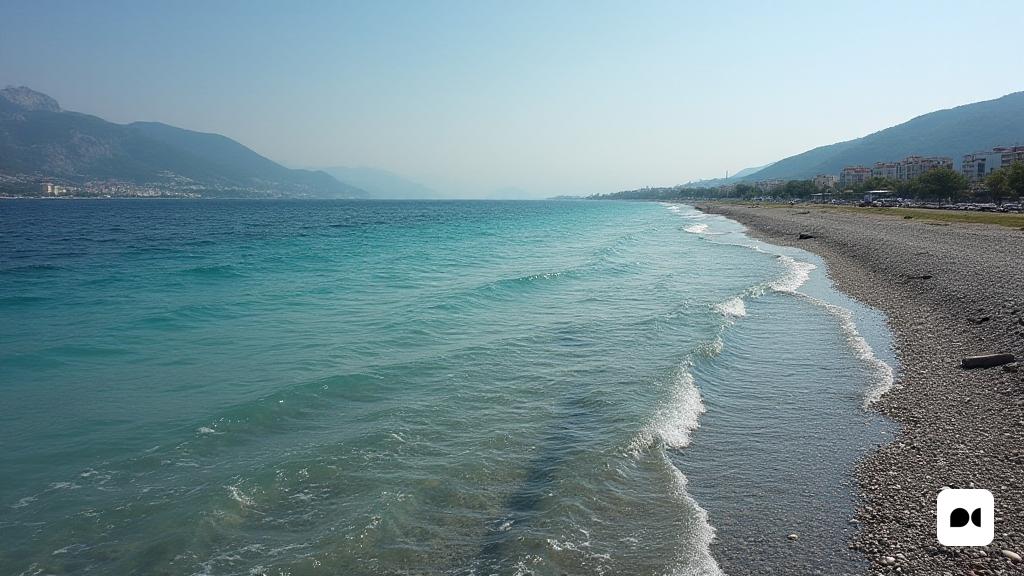An Unexpected Environmental Disaster
Recently, the waters off the coast of Volos in Greece have witnessed an alarming ecological event: the mass death of tons of freshwater fish. This situation has turned the Mediterranean coast into a surreal landscape, with thousands of dead fish that have appeared on the beaches, highlighting the devastating consequences of the climate crisis.
The Beginning of a Destructive Cycle
The origin of this tragedy goes back to last year, when a set of torrential rains, the result of global warming, caused the Karla lake to overflow. This incident flooded a considerable area, exposing the vulnerability of local ecosystems and their aquatic inhabitants.
Overflows and Consequences
The effects of this overflow were devastating: approximately 20,000 hectares of crops were affected. According to Dimitris Klaudatos, an environmental expert, many fish that inhabited the lake were dragged into the flooded areas, where their survival was compromised.
The Controversial Decision of the Government
To deal with the flood, the regional authorities chose to open the floodgates of the Xíria stream dam, allowing the fish to be swept out to sea. This decision has been the subject of debate, since, although it appeared to be the only solution to control the floods, its consequences have been catastrophic.
Outrage and Economic Consequences
The massive fish kill has caused a wave of outrage among fishermen and tourism entrepreneurs, who see how their economic activity is being threatened. The beaches, now covered with dead fish, present an unattractive panorama for visitors, in addition to generating an unbearable stench.
An Ecosystem at Risk
The authorities have warned that this situation not only affects the tourism image of the region, but can also trigger a greater imbalance in the ecosystem of the Pagasetic Gulf. The massive presence of dead fish can increase stress on an already fragile ecosystem, with unknown consequences for marine wildlife.
Reflections on the Future
What has happened in Volos is a clear reminder of how the effects of climate change can trigger chain reactions that affect not only biodiversity, but also the local economy and the well-being of the inhabitants. The sustainable management of water resources and the preservation of aquatic ecosystems are more important than ever to prevent situations like this from happening again in the future.

